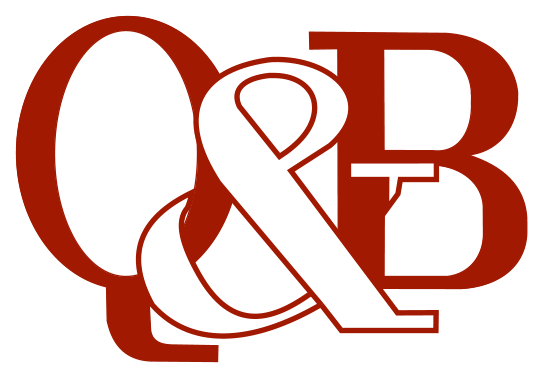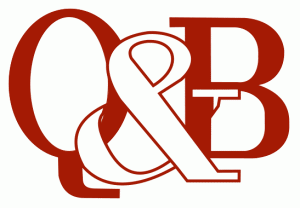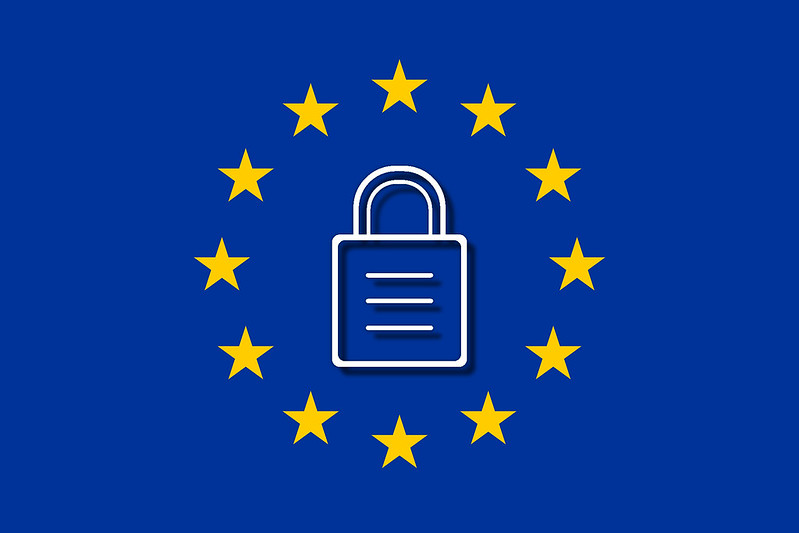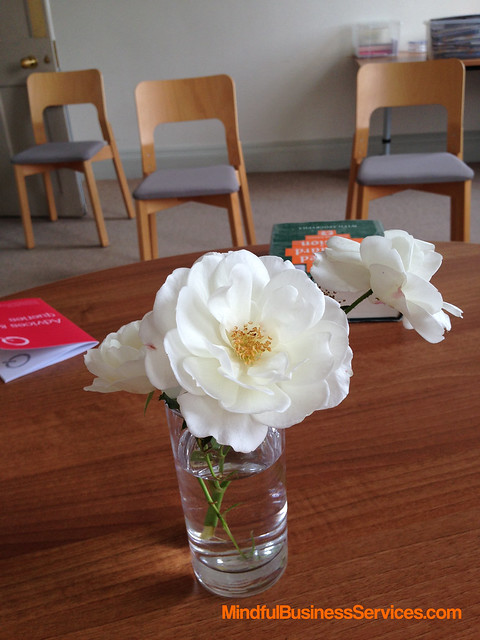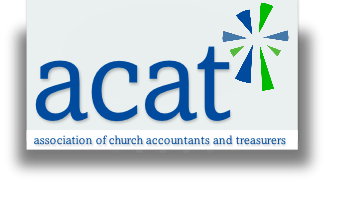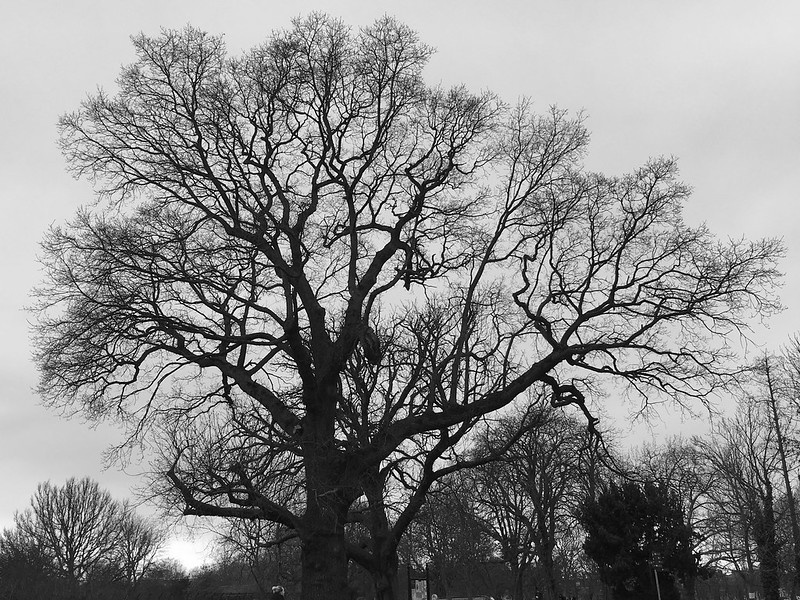 A&Q 1 and Christian Entrepreneurship
A&Q 1 and Christian Entrepreneurship
While I love Advice & Queries 1, “Take heed, dear Friends, to the promptings of love and truth in your hearts. Trust them as the leadings of God whose Light shows us our darkness and brings us to new life.” I had not previously considered it as business advice.
During last week’s Churches & Commerce conference, Richard Frazer, Minister Greyfriars Kirk Edinburgh, gave us some thoughts on approaches to a theology for entrepreneurs.
As a Quaker I try hard to remember that all things are equally sacred – work, play, rest, worship… So I was intrigued by Richard’s comments that he thought the first Apostle Andrew was also an entrepreneur in the way he handled his big opportunity (meeting Jesus) by recognising that:
- it was an opportunity
- he wasn’t the right person to handle this alone
- he knew others who needed to be part of this opportunity
Andrew was humble enough to leave Jesus, and go fetch Simon Peter, but also continued to network and bring people he felt would be useful. Andrew found the boy with the loaves and fishes, for example. Of course he was also a fisherman, so would have been used to networking as part of running a small business. Dealing with clients who wanted to buy his fish as well as the others who worked in the family business, other fishermen, etc.
Money Making as Mission
Yesterday, during Meeting for Worship, ministry was shared about how a childhood prayer asking for ‘G*D’s guidance, love and protection‘, took on a new deeper meaning when the speaker twisted from ‘asking’ to ‘being ready to receive by standing in a place of gratitude for the blessings already received’.
This connected with my musings, over the last few days, about the difference between networks and business plans compared to G*D’s community & plans. A concept mirrored by the interconnectedness of the tree branches lining my view from the room.
I’m often asked how I can see running a business, making money, and working with clients to help them do likewise, as a mission. For me, it depends on where you start.
If you are rooted into a firm foundation of G*D’s love and truth, and are looking at these opportunities as ones where you can make a difference by creating or facilitating a profit, network, etc., that then allows you to work from a place of gratitude and thankfulness, with a quiet certainty that you are following the leadings of G*D for you.
This is very different viewpoint and attitude to one that is only in it for the profit, or personal gain, and leads to different choices. But it does require continual awareness and consideration of which state I’ve slipped into, and a regular drawing back to the centre where I can hear those quiet promptings.







